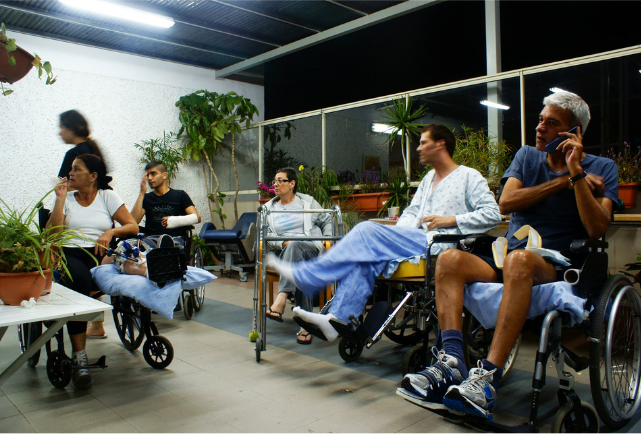Housing Cooperatives for People with Disabilities

Housing cooperatives for people with disabilities provide accessible, affordable, and community-oriented living spaces. They are tailored to the unique needs of individuals with physical, sensory, or cognitive disabilities. These cooperatives empower residents through shared decision-making and collective ownership.
Key Features:
Accessibility
Cooperatives design or adapt housing units and common areas to ensure accessibility. Features often include ramps, wide doorways, lowered counters, and accessible bathrooms.
Supportive Services
Some co-ops provide on-site services like personal care, occupational therapy, or social programs. These supports improve daily living and build a better quality of life.
Community Living
Co-ops create a strong sense of community. Residents support one another, which helps reduce isolation and encourages collective problem-solving.
Resident Control
Members take part in governing the cooperative. This ensures decisions reflect the real needs and preferences of people with disabilities.
Housing cooperatives for people with disabilities offer a practical, community-based alternative to institutional or isolated living. They promote independence, shared responsibility, and dignity.
Key Benefits:
Affordability
Co-ops often lower housing costs. Shared ownership or nonprofit rental models keep monthly expenses manageable.
Autonomy
Residents control their environment. They make decisions that support their independence and well-being.
Community Belonging
Living in a co-op can reduce stigma. Residents take part in a community that values their contributions and lived experience.
Customized Living
Co-op units can be adapted to meet individual needs, improving comfort, safety, and functionality.
Challenges
Despite the benefits, co-ops face barriers. Securing financing or subsidies for accessible housing requires strong partnerships with government, nonprofits, and advocates. Maintaining long-term success also depends on strong governance and active member involvement.
Examples
Wooncoop – Flanders, Belgium
Housing cooperatives offer a promising model for establishing and managing small-scale residential care projects. Examples from disability housing initiatives highlight this potential. wooncoop, for instance, owns De Binnenwereld, a large villa in Adegem where residents with disabilities are cooperative members of wooncoop while receiving care from the non-profit De Vierklaver.
The project includes six individual living units, a large communal kitchen and dining area, and a spacious garden, fostering a strong community of residents, volunteers, and supporters. Additionally, residents collectively fund a housing coach who provides daily guidance, ensuring professional care and support within the community.
Similarly, Oak Tree Projects, also in Flanders, is a housing cooperative dedicated to developing homes for small groups of three to five residents with disabilities. These homes are integrated into larger co-housing communities, allowing residents to share collective spaces and gardens. Both residents and their supporters contribute as cooperative members, ensuring a sustainable and inclusive housing solution.
Related Articles
The article “Mitten unter uns” explores how cooperative housing models in Switzerland foster inclusion for people with disabilities. It highlights projects like Rafaelschule’s integration into the Schönheim cooperative, where students with special needs learn life skills while participating in community activities. Moreover, the piece discusses broader initiatives that promote social inclusion, such as Zurich’s Hunzikerareal, which integrates housing and employment for people with cognitive disabilities.
For more, see the full article here.

